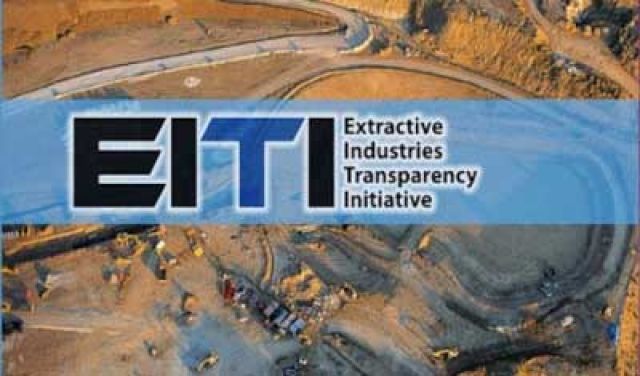US CSOs call for Exxon & Chevron to be removed from international EITI Board
ExxonMobil and Chevron refused to disclose their tax payments through the term of implementation of the EITI Standard in the United States.

USEITI CSOs believe that the refusal to engage in the EITI Standard constitutes a repeated and willful violation of the EITI Code of Conduct, the EITI Constituency Guidelines, the Terms of Reference of the now defunct USEITI MSG, and an act of bad faith that is counter to the spirit of the EITI movement itself.
ExxonMobil and Chevron were members of the USEITI MSG from its creation in December 2011 to its disbandment in November 2017. Both companies are members of the EITI International Board’s industry constituency and have served in that role, with a few brief exceptions, since its creation in 2003.
In the USEITI report issued in 2016, 12 of the 38 eligible companies disclosed their taxes. In the USEITI report issued in 2015, 12 of the 41 eligible companies disclosed their taxes. ExxonMobil and Chevron were among the companies that refused to disclose their tax payments in both cases. In its 2016 USEITI Annual Progress Report to the EITI Secretariat, the USEITI MSG acknowledged, “With the exception of corporate income taxes, the 2016 Report comes very close to fully meeting the requirements of the EITI Standard.”
During the December 2015 USEITI MSG Meeting, an ExxonMobil representative provided the following explanation of his company’s decision not to disclose taxes through the USEITI process:
“… knowing that income tax reporting will soon be required under Section 1504 of the Dodd-Frank Act, companies may have chosen to wait until that rule was finalized and the requirements more clear. (ExxonMobil representative) added that many of these companies have exercised leadership in EITI around the world, and are very committed to USEITI and to tax reporting, but are awaiting the finalization of the SEC’s rulemaking.”
In the November 2017 statement announcing the end of USEITI implementation, the U.S. Department of Interior (Interior) falsely suggested that U.S. laws restrict companies from voluntarily disclosing information, including taxes. Interior’s November 2017 assertion echoes false insinuations by both ExxonMobil and Chevron that indicate laws prohibit tax payment disclosure. To the contrary, Dallas-based KosmosEnergy has voluntarily disclosed its U.S. tax payments for years, and BHP Billiton, one of the largest mining companies in the world, voluntarily disclosed its tax payments to the U.S. government before it was required to do so by the EU Directives.
USEITI CSOs believe that this issue could have been avoided if there was a standard that required companies to practice what they preach and disclose their payments fully as a condition of being an EITI supporting company or EITI Board member. In the absence of this they recommend strongly that these companies be removed from the EITI Board for violating the EITI Code of Conduct, as well as the spirit of EITI, thus endangering the EITI Standard.








